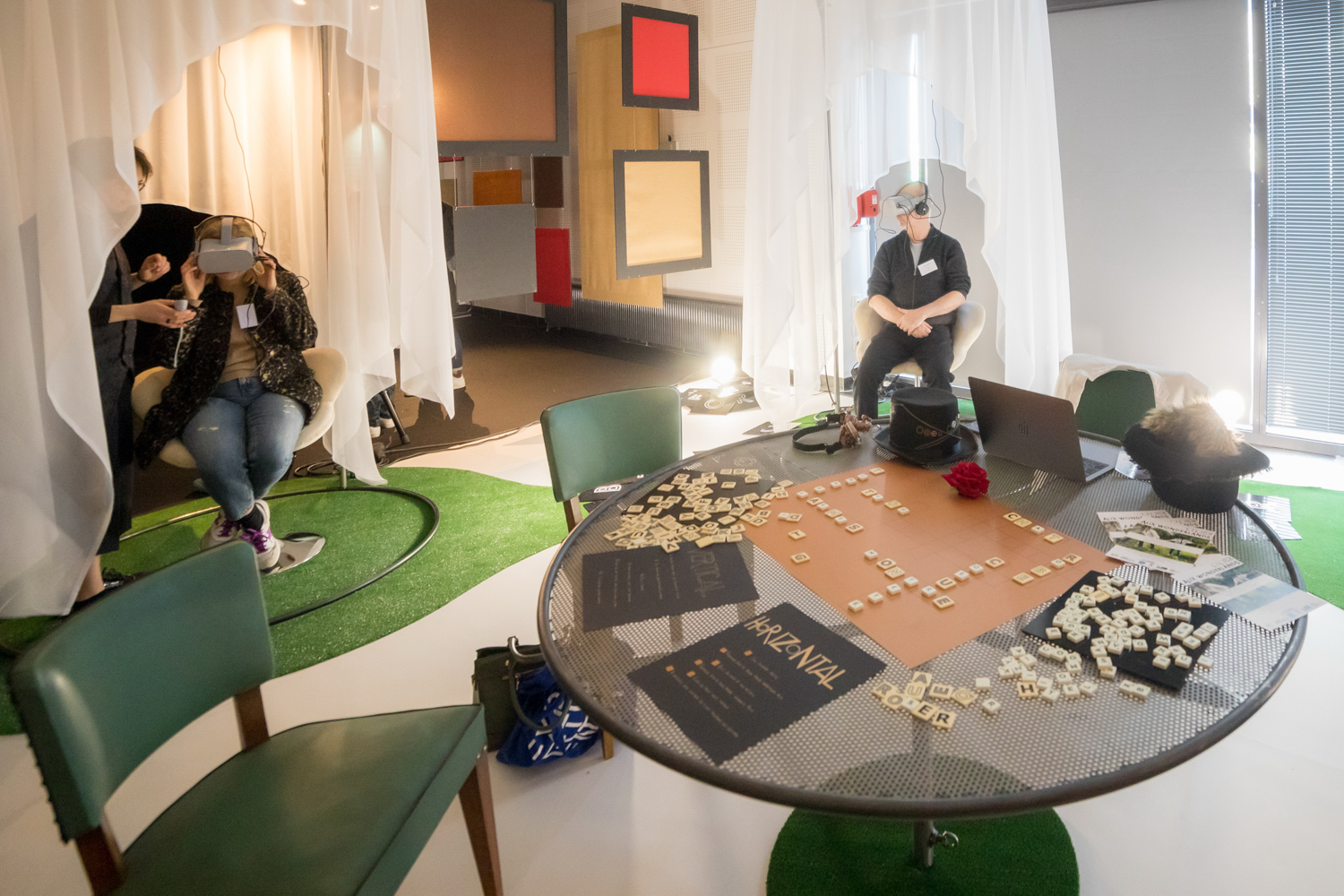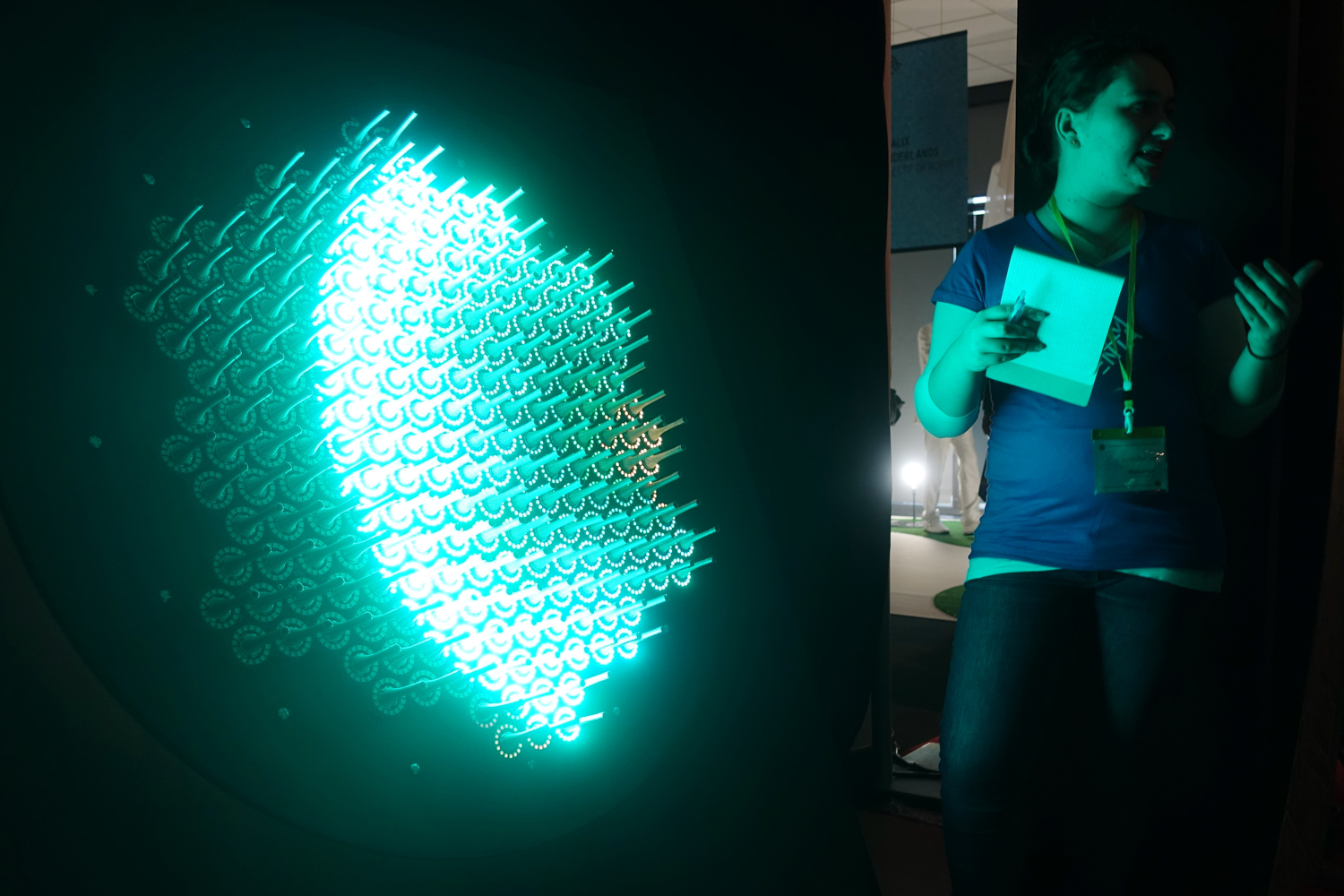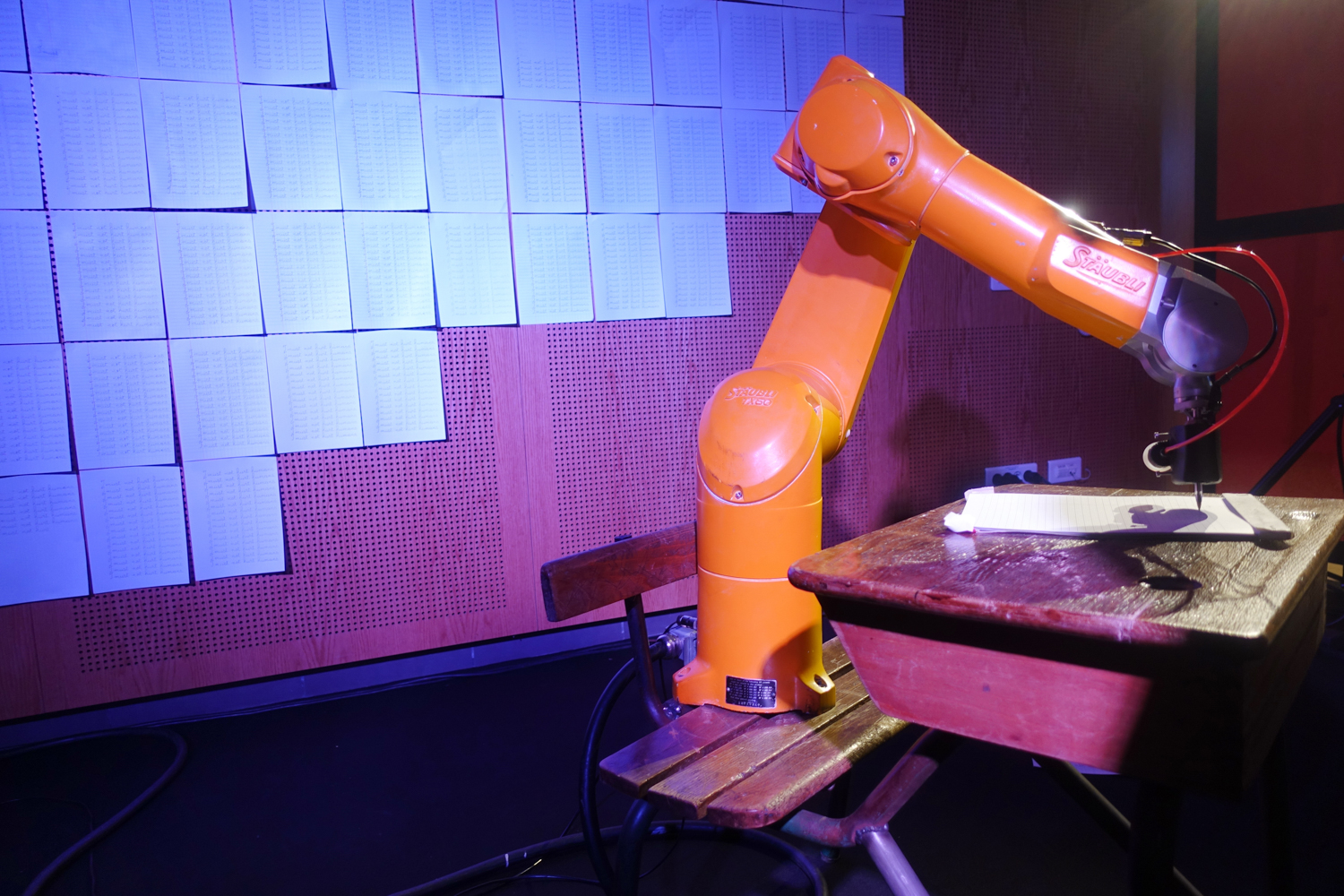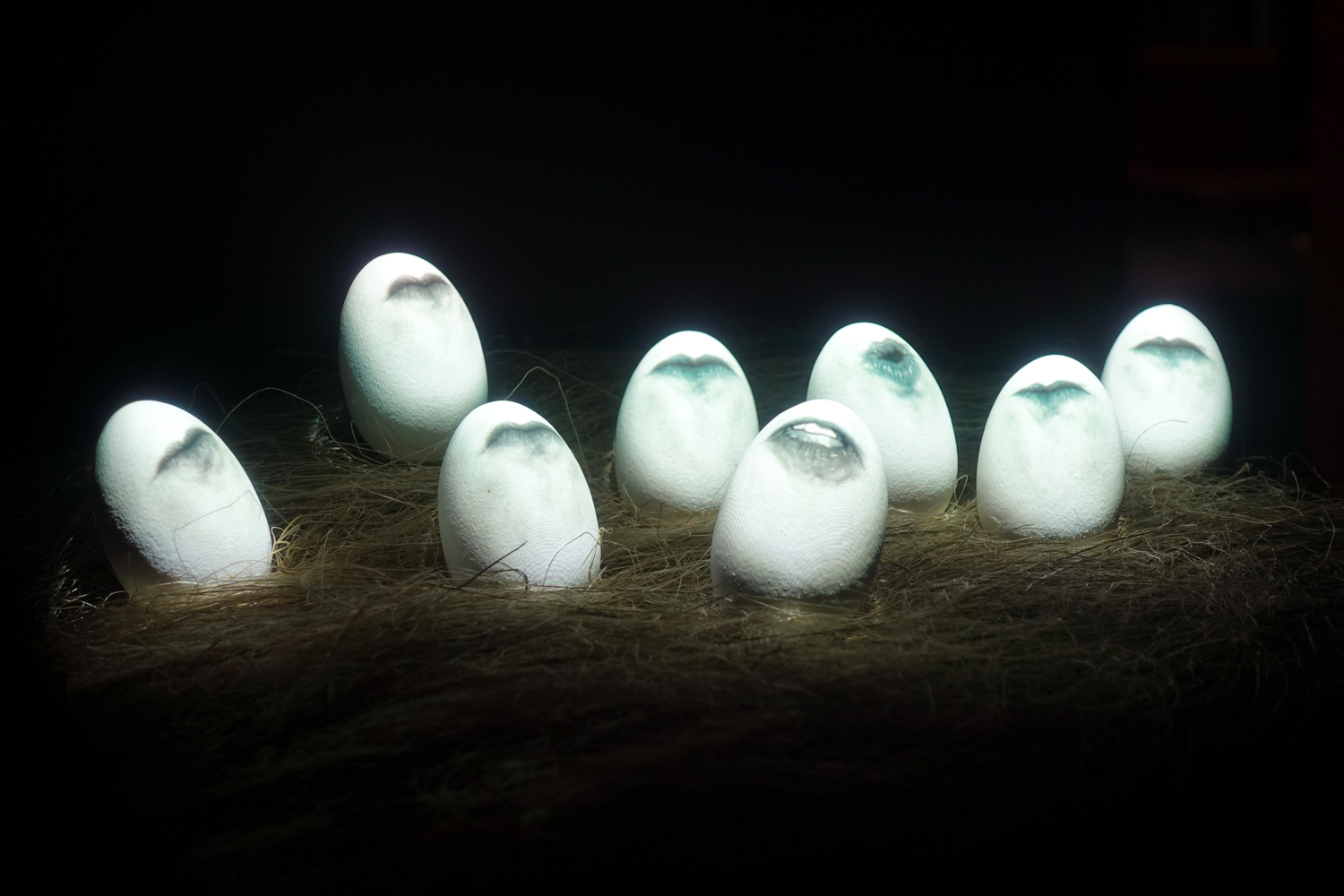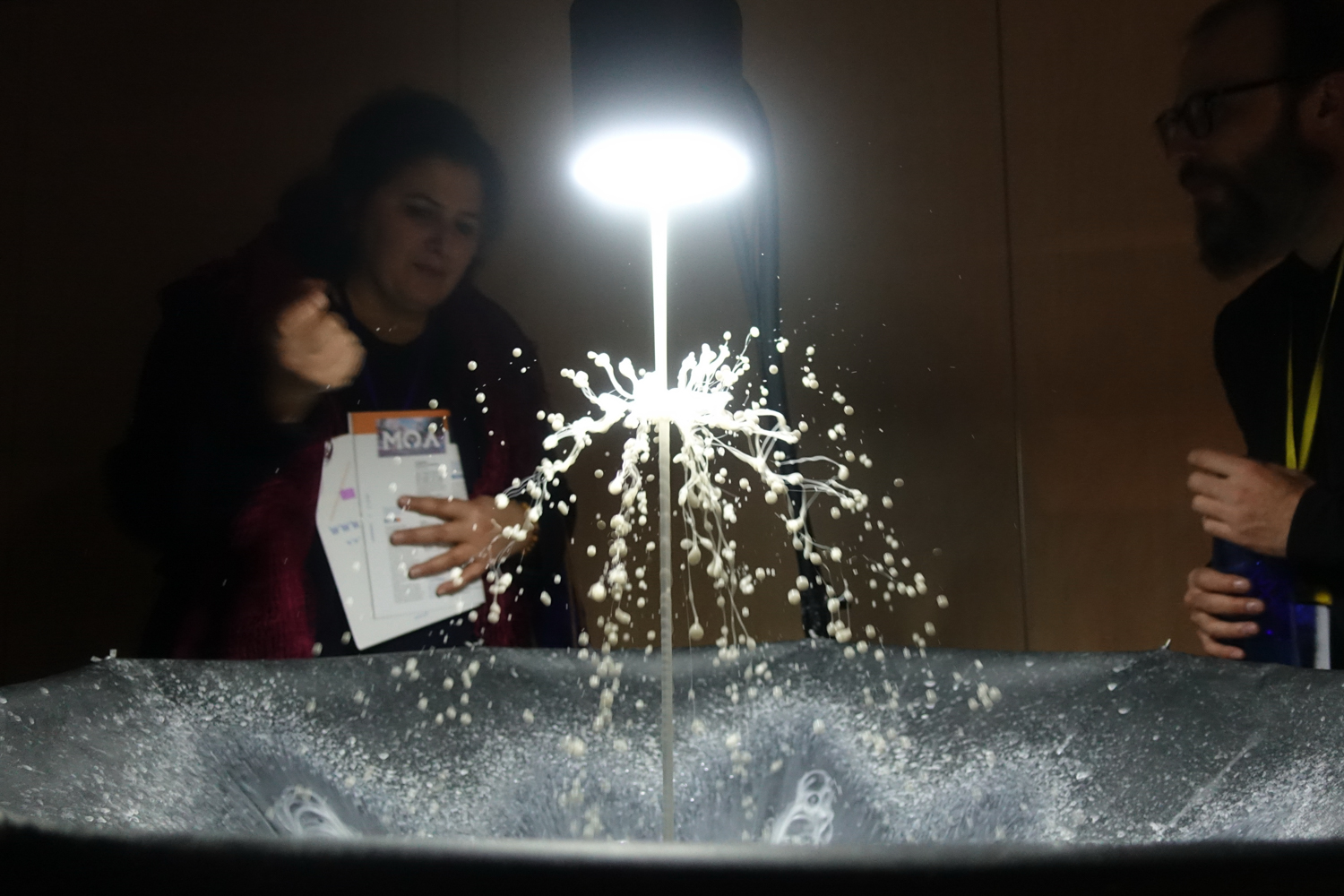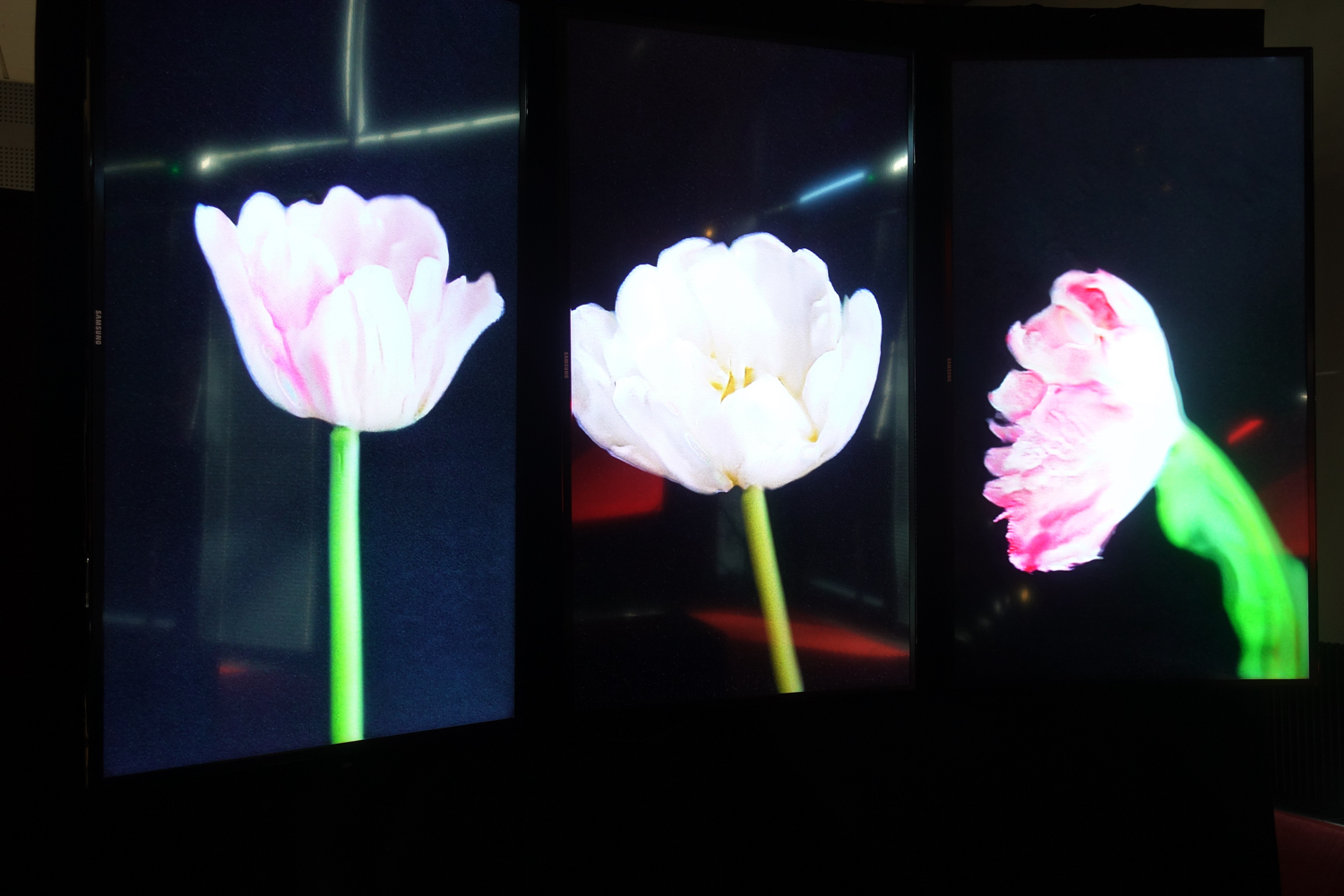NOW IN ITS 10TH EDITION, AN ARTS-SCIENCES BIENNALE “EXPERIMENTA” IS A MAJOR EVENT IN THE SOUTHEASTERN FRENCH CITY OF GRENOBLE, A SCIENTIFIC TOWN WHERE PEOPLE STOP BY ON THEIR WAY TO AND FROM THE ALPS
TEXT: PAWIT MAHASARINAND
PHOTO: PAWIT MAHASARINAND EXCEPT AS NOTED
(For Thai, press here)
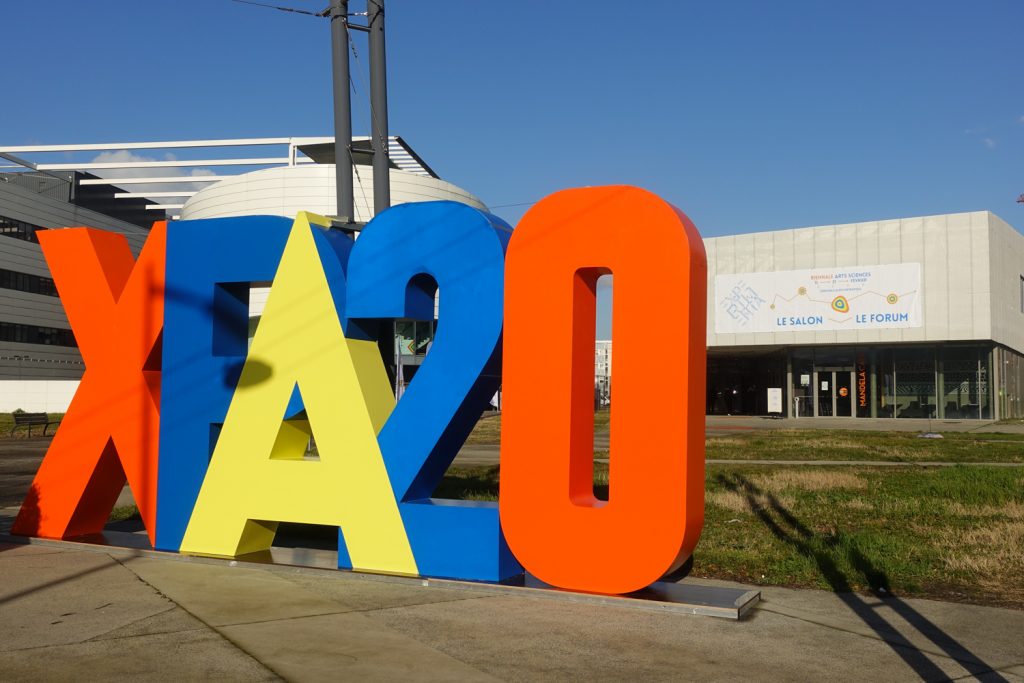
It’s the even-numbered year so, if the coronavirus situation improves, we will attend at least three art biennales, all of which started two years ago, in the year’s last two quarters here in the kingdom. Meanwhile, science, technology and innovation expos are being held on a yearly basis. Nonetheless, as we use both parts of our brains, one wonders if it’s possible to connect, if not combine, these, supposedly, two sides of the same coin.
Now in its 10th edition, an arts-sciences biennale “Experimenta” is a major event in the Southeastern French city of Grenoble, a scientific town where people stop by on their way to and from the Alps. The two co-organizers are Hexagone Scène Nationale Arts Sciences, the only national theatre in France with transdisciplinary programming, and CEA—not our CEA but Le Commissariat à l’énergie atomique et aux énergies alternatives. Their collaboration is not once every two year but sustainably year-round since 2007 through L’Atelier Arts Sciences residency programme in which about 70 artists have been working hand-in-hand with 250 scientists in 50 transdisciplinary projects. Additional support has come from, among others, the city hall, the regional government and culture and communications ministry as well as the EU’s Creative Europe Programme.
In “le salon” at the Minatec, a complex specializing on micro-nano technologies, artistic installations, short performances, workshops and games in addition to VR and AR experiences created by international artists and scientists welcome the audience. At the entrance, for a very relevant example, is a small photography exhibition “Carbon BLack”, in which a French photographer travelled across the Channel, pre-Brexit, and documented the air pollution at various sites. Thanks to her collaboration with an Italian scientist, the dust particles collected there were transformed into ink to print these photos. In our City of Angels, the ink would probably be enough for a major exhibition on the top floor of Bangkok Art and Culture Centre.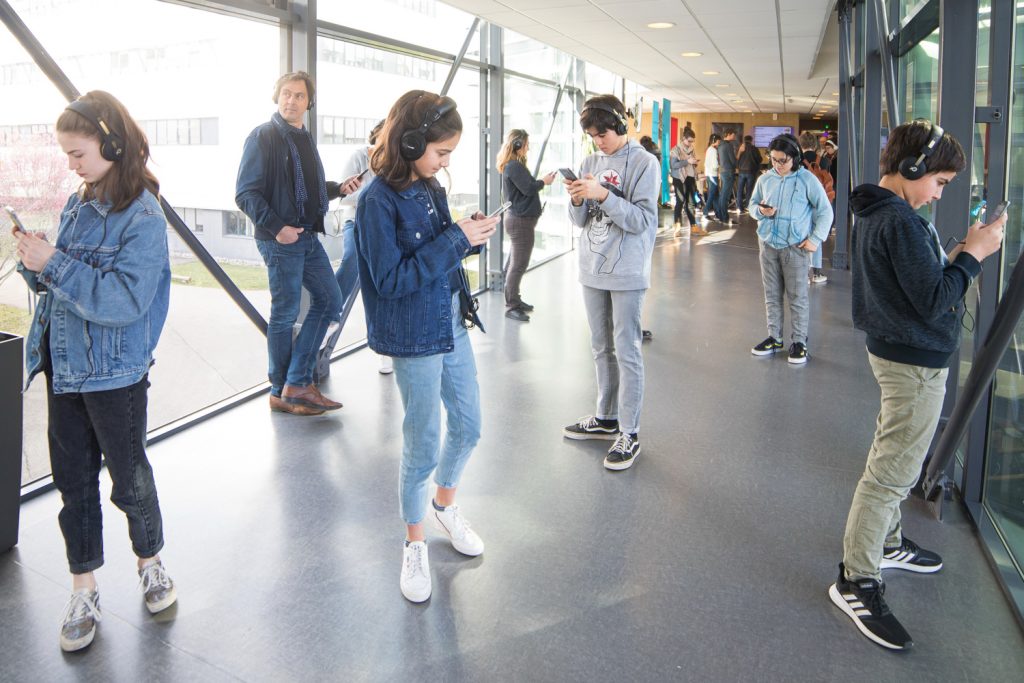
MOA – Photo courtesy of Hexagone Scene Nationale Arts Sciences
Simultaneously, focus of the ten roundtable discussions at “le forum” in the adjacent auditorium engage the audience in conversations on such topics as “Artistic Imaginations and Artificial Intelligence”, “It’s Not Me, It’s the AI” and “Challenges and Practices for Art and Science Projects at School.” Thanks to a keen mix of speakers from various relevant fields, an arts manager/cultural worker like me didn’t have any problem understanding them—when there’s English interpretation of course.
In addition, “les spectacles” comprise stage performances at various venues across the city and its vicinity. With the arts-sciences relation at the core, these works attract not only adults and university students, but infants and their parents, like in “Babylab Languages—Variations”, based on singer Aurélie Maisonneuve’s research proving how voice, sound and music enhance our young ones’ language development. Interestingly, some artists, and scientists, are featured in “le salon”, “le forum” and “les spectacles” programs. In other words, they have a chance not only to talk the talk and walk the walk but also communicate their ideas through appropriate means.
Equally important is the audience who evidently enjoys immersing in these new experiences and later chatting with the artists, scientists and facilitators, more than taking photos for their Instagrams. It’s difficult also to pinpoint whether most are arts lovers or science enthusiasts: in fact there’s no need to—in this 21st century, we could, and should, be both, for our better living.
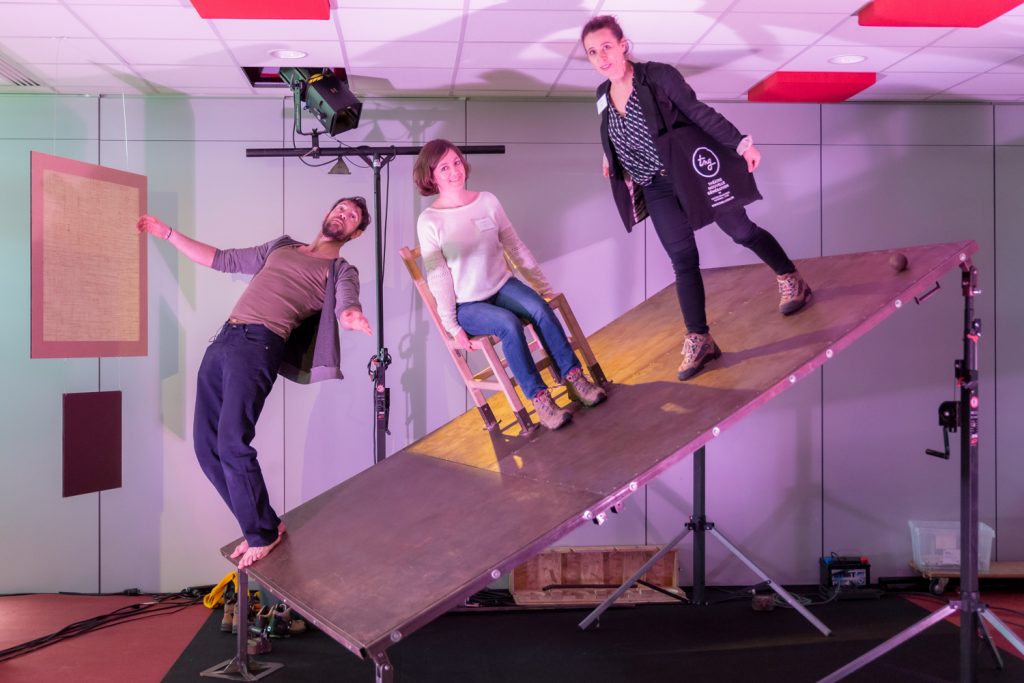
Back at the Charles de Gualle airport, with an old mask and many new ideas, I fulfilled my mother’s only shopping order of Belgian milk chocolate pralines, the box of which informs that this world-famous chocolatier was originally a pharmacy. To help kids, and some adults, enjoy medicine better, they covered it with chocolate; the experiments kept on in the subsequent generation and many other edibles have replaced the medicine ever since the 19th century. This is the opposite to Albert Einstein’s famous quotation: “The definition of insanity is doing the same thing over and over again, but expecting different results.” With that in mind, art4d and partners will soon launch TranZ project, a creative transdisciplinary platform in which people from various disciplines can collaborate to tackle those problems which we cannot if we sit back, relax and remain in our comfort zones. Please stay tuned.

